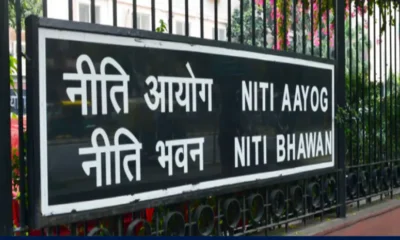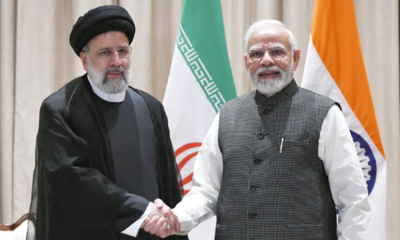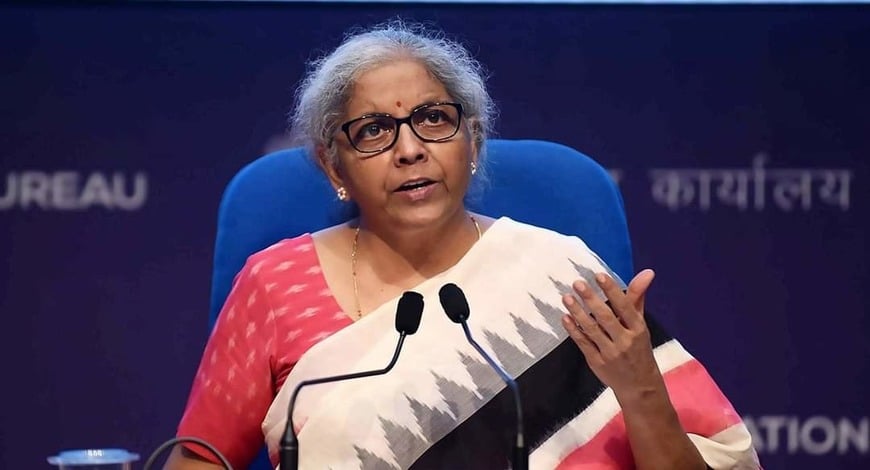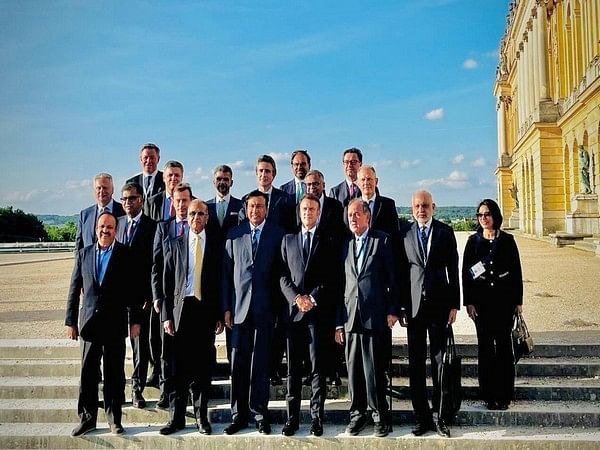Business
USD 16 million to support women-led businesses in Afghanistan, says World Bank

The Daily Guardian is now on Telegram. Click here to join our channel (@thedailyguardian) and stay updated with the latest headlines.
For the latest news Download The Daily Guardian App.
Economic
Sitharaman calls for proactive govt-industry alliances towards developed India
Tech
Apple under spotlight as OpenAI, Google raise AI standards
Business
Paytm added to small-cap index by MSCI, attracting potential inflows
Economy
RBI warns NBFCs to stay alert for financial system risks
Business
Government e-marketplace records strong start in new fiscal with INR 8.57 lakh cr GMV
International Relations
French Summit sees tech & aero deals, TCS & Motherson invest
-

 Opinion2 years ago
Opinion2 years agoPakistan-China nexus trying to sow doubts in Indian society about governance systems
-

 Fashion7 years ago
Fashion7 years agoThese ’90s fashion trends are making a comeback in 2017
-

 Entertainment7 years ago
Entertainment7 years agoThe old and New Edition cast comes together to perform
-

 Entertainment7 years ago
Entertainment7 years agoThe final 6 ‘Game of Thrones’ episodes might feel like a full season
-

 Opinion2 years ago
Opinion2 years agoEnvironment day with a missing spring and lost souls
-

 Business News2 years ago
Business News2 years agoIndia Becomes World’s 5th Biggest Economy
-

 Policy&Politics2 years ago
Policy&Politics2 years agoA successful SME must understand his 5 wives
-

 Business News2 years ago
Business News2 years ago‘75K STARTUPS DEFINE THE POWER OF INNOVATION’






















